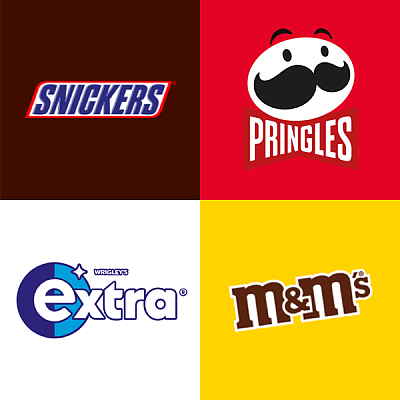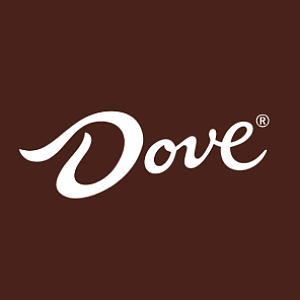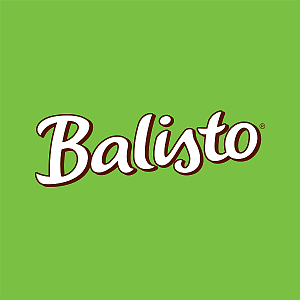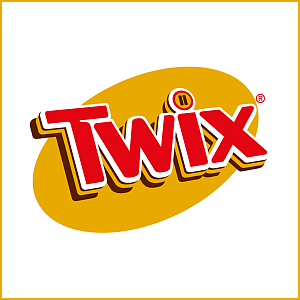Thank you for supporting the Mars Responsibly Sourced Cocoa Program!
View this information in a specific language
Since 2023, we have purchased an annual volume of cocoa through the Mars Responsibly Sourced Cocoa Program that is equivalent to the annual volume of cocoa required by Mars Snacking direct factory operations in Europe to manufacture our chocolate products.
At Mars, we are committed to contributing to the development of a more modern, inclusive, and sustainable cocoa supply chain for future generations, and, through our Responsibly Sourced Cocoa Program and other Mars sponsored sustainability initiatives, we aim to help support opportunities for positive change for cocoa-growing communities around the world.
Since 2023, we have purchased an annual volume of cocoa through our Responsibly Sourced Cocoa Program that is equivalent to the annual volume of cocoa required by our Mars Snacking direct factory operations in Europe to manufacture our iconic SNICKERS®, M&M'S®, MARS®, DOVE®/GALAXY®, MALTESERS®, CELEBRATIONS®, BOUNTY®, BALISTO®, TWIX® and MILKY WAY® chocolate products.
Because the Mars Snacking makes chocolate products from cocoa which has been purchased, processed, shipped or stored on a mass balance basis, the chocolate or other cocoa ingredients that we use in a specific product may not be made from cocoa purchased through our Responsibly Sourced Cocoa Program or cocoa produced, delivered and sold in compliance with the Mars Responsibly Soured Cocoa Specification.
Q&A
What do we mean by ‘Responsibly Sourced’ cocoa?
When we refer to “Responsibly Sourced Cocoa”, we mean cocoa that has been produced, delivered and sold in compliance with the Mars Responsibly Sourced Cocoa Specification. This specification requires, among other things, that suppliers of cocoa have:
- Third-Party Verification: Independent third-party auditors review the cocoa supply chains of the suppliers and their farming organizations participating in the Responsibly Sourced Cocoa Program to determine whether they meet the certification standards of Rainforest Alliance, Fairtrade or another certification body approved by Mars or comply with the Responsibly Sourced Cocoa Specification.
- CLMRS: For high-risk origins in West Africa, suppliers must implement child labor monitoring and remediation systems (CLMRS) for any at-risk households of farmers who are participating in the Responsibly Sourced Cocoa Program.
- Polygon Mapping: Suppliers must polygon map the entire perimeter of the farms participating in the Responsibly Sourced Cocoa Program using GPS coordinates and be able to trace the cocoa produced on those farms to the first point of purchase of the cocoa by the suppliers.
What is “Mass Balance”?
Many suppliers in the cocoa industry use a common method called “mass balance” in purchasing, processing, shipping and storing cocoa. Under the mass balance method, cocoa produced, delivered and sold in compliance with the Responsibly Sourced Cocoa Specification may be mixed at one or more steps in the cocoa supply chain with cocoa that has not been produced, delivered or sold in compliance with the Responsibly Sourced Cocoa Specification. Because Mars suppliers use the mass balance method in purchasing, processing, shipping and storing cocoa used in the ingredients of Mars products, the chocolate or other cocoa ingredients that we use in a specific product may not be made from cocoa purchased through the Responsibly Sourced Cocoa Program or cocoa produced, delivered and sold in compliance with the Mars Responsibly Soured Cocoa Specification.
Footnotes
At Mars, we recognize that the global cocoa supply chain faces many complex and interconnected risks and challenges, especially in regions of West Africa. Although Mars does not own or operate any cocoa farms in West Africa, it does purchase cocoa sourced from all over the world, including West Africa. Mars is making investments in various programs with the goal of helping to combat the risks of human rights abuses, climate change and threats to forests, among other things. Ultimately, no one actor can combat these risks alone—lasting progress will depend on collective action from governments, corporations, NGOs, and all stakeholders in the cocoa industry.














